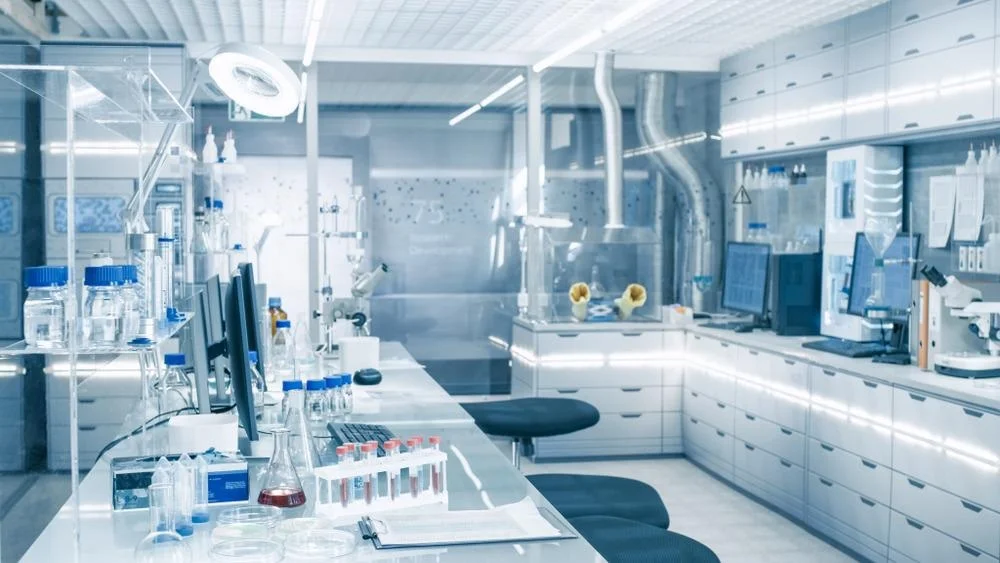Excipient Organic Compound Safety Testing
In the pharmaceutical industry, excipients play a crucial role in ensuring that drug formulations are safe and effective. Among these excipients, organic compounds can have significant implications for patient safety if not thoroughly tested. This service focuses specifically on the safety testing of organic compounds used as excipients. Ensuring their stability, purity, and compatibility with active pharmaceutical ingredients (APIs) is paramount to prevent adverse effects in patients.
The process involves a series of laboratory analyses that adhere to international standards such as ISO, ASTM, EN, IEC, and FDA guidelines. These tests ensure that excipients meet the highest quality and safety standards before they are used in drug formulations. The testing includes both qualitative and quantitative assessments, which help identify potential risks associated with these compounds.
Our team of experts uses state-of-the-art equipment to perform these tests, ensuring accuracy and reliability. We employ a range of analytical techniques including High-Performance Liquid Chromatography (HPLC), Gas Chromatography-Mass Spectrometry (GC-MS), Fourier Transform Infrared Spectroscopy (FTIR), Nuclear Magnetic Resonance (NMR), and other advanced methods to assess the purity, impurities, and stability of organic excipients.
The tests are conducted under controlled conditions to simulate real-world scenarios in which these compounds will be used. This approach helps us predict potential issues that could arise during storage or use in pharmaceutical products. Our comprehensive testing ensures not only compliance with regulatory requirements but also enhances the overall safety profile of the product.
Our service caters to quality managers, compliance officers, R&D engineers, and procurement teams within the pharmaceutical industry. By providing detailed reports on test results, we empower decision-makers with the necessary information to choose safe and effective excipients for their formulations.
Applied Standards
| Standard | Description |
|---|---|
| ISO 17025 | Laboratory accreditation standard ensuring technical competence and quality. |
| ASTM E1412-19 | American Society for Testing and Materials standard for organic compounds in pharmaceuticals. |
| EN 380:2006 | European Pharmacopoeia guideline for excipient testing. |
| IEC 61587-2:2014 | International Electrotechnical Commission standard for chemical analysis in pharmaceuticals. |
Benefits
The benefits of excipient organic compound safety testing are manifold. Firstly, it ensures that the excipients used in drug formulations do not introduce any harmful substances into the final product. This is critical for patient safety and compliance with regulatory standards.
Secondly, by identifying impurities and potential contaminants early in the development process, these tests help minimize costly recalls and product withdrawals later on. Thirdly, they contribute to the overall quality of pharmaceutical products by ensuring that excipients are stable under various conditions, thus enhancing shelf life and efficacy.
The results from our testing can also be used to optimize formulation design, leading to more effective and safer drug delivery systems. This service not only supports regulatory compliance but also helps in maintaining a competitive edge in the pharmaceutical market by ensuring product quality and safety.
International Acceptance and Recognition
The tests we perform for excipient organic compound safety are widely recognized and accepted internationally. Our laboratory adheres to global standards, which ensures that the results from our testing are valid and reliable across different jurisdictions.
Our compliance with international standards is a testament to our commitment to delivering high-quality services that meet the highest regulatory requirements. This recognition enhances trust in our testing capabilities among pharmaceutical companies worldwide. By ensuring that excipients used in drug formulations comply with these stringent standards, we contribute significantly to patient safety and the overall quality of healthcare products.





